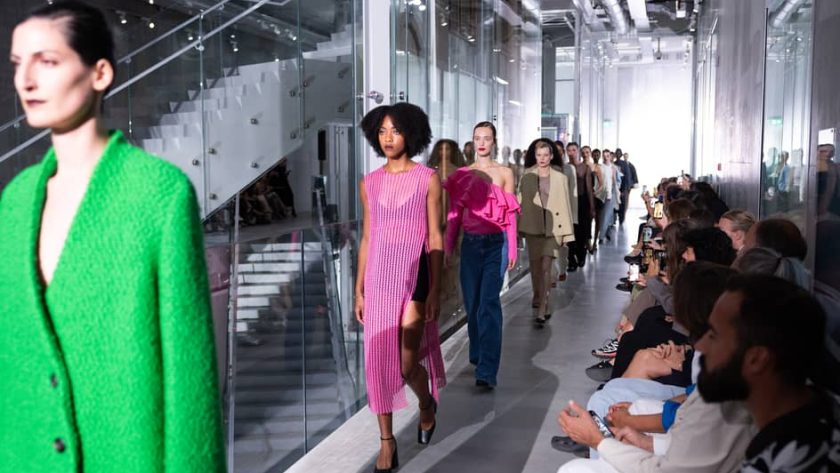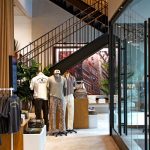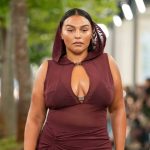The new edition of Amsterdam Fashion Week (AFW) is once again upon us.
The Dutch fashion event is becoming an increasingly recognisable face
within the industry, traditionally taking place at the end of summer. “We
want to grow in individuality,” explained creative director Danie Bles of
AFW.
With several editions in recent years, fashion week has found its own
rhythm. “We want to show what we have in the Netherlands and there is a lot
of young talent and, incidentally, a lot of talent in the field of
upcycling, for example, among them,” Bles told FashionUnited by phone. The
programme is full of young talents and designers working on sustainability
and innovation.
AFW has taken different forms in recent years. In September 2018, for
instance, the shows were still all held in the same location, while now
they are spread throughout the city. A concept that in 2020 was still
played with by the owners is AFW Studio, and took place in March of that
year. “We only did that once,” Bles explained. “It was a small, spontaneous
edition. Then we realised, even though it’s great fun, one big edition that
is longer is our preference. So once a year, four days, instead of twice
two days.”
Amsterdam Fashion Week focuses on uniqueness for further growth
The setting up of AFW is done entirely without subsidy from the
municipality of Amsterdam. “The municipality does not see us as a cultural
body. In addition, we don’t have one big sponsor either.” The fashion week
in fact enters into partnerships through which the event is financed, but
wants to keep these collaborations as natural as possible for all parties .
“How can we integrate it as nicely as possible without big banners for
example?” For instance, Wella and Mac Cosmetics have been partners for past
seasons and provide hair and make-up for the shows. In addition, Steve
Madden has also previously been featured as a partner. This September
edition there will be a collaboration between Steve Madden and designer
Ronald van der Kemp.
The money from the partnerships goes back to the designers who are
participating, but Bles does admit that not all shows can be 100
percent funded by AFW. “Sometimes designers or brands still have to
contribute themselves, but we try to raise funding in the most creative way
possible and support designers where we can.”
The fact that there is no big overall backer for fashion week is
something Bles also sees as a positive. “You really have to set it up from
your creativity and your gut feeling.” That creativity is also important
for the participating designers. “To each his own. Everyone
should be able to show where and how they want.” The programme of next
edition is therefore filled with presentations, performances, traditional
shows, talks, as well as various parties. However, everything except The
Hub is by invitation only.
“We have no ambition to become like Paris, Milan or New York. That is
often the perception, but we simply are not. We should be proud of what we
are. We are the springboard for new sustainable talent.” The uniqueness
that fashion week has is where Bles sees growth. “I think that you always
have to look at tomorrow and always look forward. We live in a time where
creative input and originality is hugely desired,” she pointed out.
“Fashion should be celebrated at all times. It is a creative process and,
as far as I’m concerned, that’s the most beautiful thing there is.”
This article originally appeared on
Translation and edit by: Rachel Douglass.



